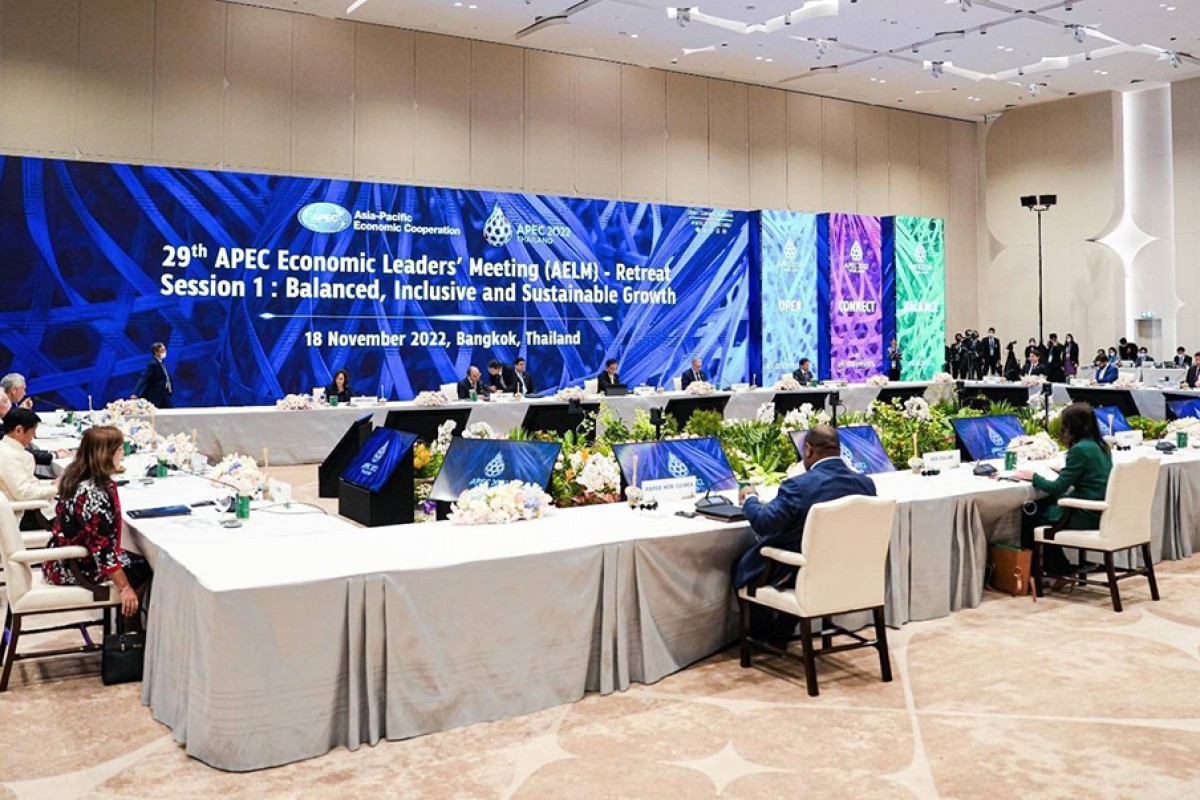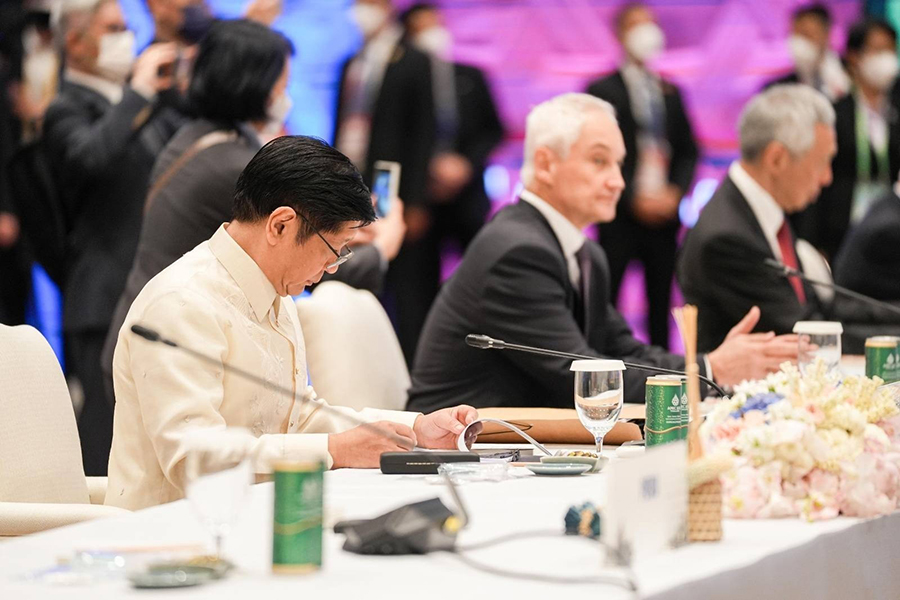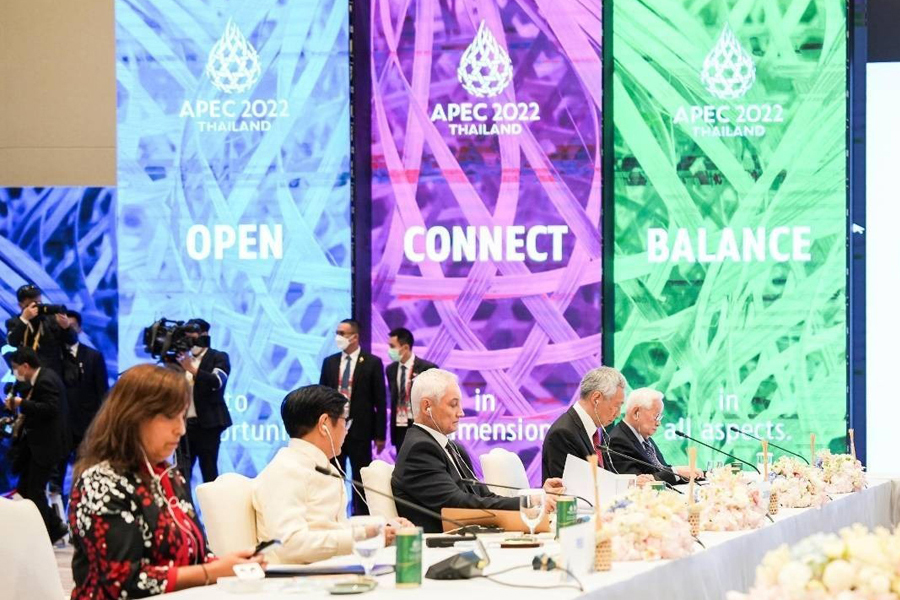MANILA -- President Ferdinand R. Marcos Jr. on Friday called for the adoption of policies that promote a green post-pandemic recovery as the world emerges from the effects of the coronavirus pandemic.
“My dear colleagues, as the world emerges from the downturn caused by the pandemic, it is evident that recovery has been uneven — perhaps even I would go so far to say it has been inequitable and insufficiently supportive of a green transition. Economies must leverage this opportunity to recalibrate policies to promote a green post-pandemic recovery,” President Marcos said in his intervention during the 29th APEC Economic Leaders’ Meeting (AELM) Retreat Session.
“It is for these reasons that the Philippines welcomes and supports the adoption of the Bangkok Goals on the Bio-Circular-Green (BCG) Economy, which is a concrete initiative that will lead the Asia-Pacific region towards a sustainable future," Marcos said.
According to the President, the BCG Economy model aligns with his administration’s agenda to create green and quality jobs, ensure a level playing field for all members of the economy and reduce vulnerabilities from the COVID-19 pandemic.
The BCG also aims to mitigate the scarring and future shock on the economy and tighten social cohesion by ensuring a well-distributed economic growth that benefits every household and that Philippine institutions remain responsive to the challenges posed by the current economic crises.
The Philippines, Marcos said, also cited the adoption of its Sustainable Finance Roadmap, which lays out a whole-of-government approach to promote sustainable finance and green policies.
Similarly, among the current government’s socioeconomic priorities are to expedite the operationalization of the Green Jobs Act and the establishment of the green jobs certification system and incentive schemes, develop the green workforce, and issue green bonds for its infrastructure program.
The Philippines also has the unique opportunity to leverage the tools of sustainability to improve the resilience of people and businesses.
“We actively support the adoption of innovative and sustainable supply chain systems and circular economy models that can systematically collect non-biodegradable packaging and agricultural and industrial waste for recycling and upcycling,” Marcos said. (PND)





